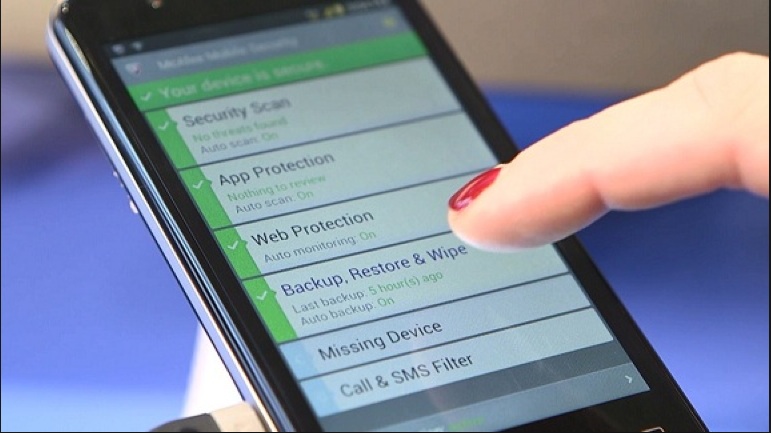“Know your data” is the key tip for businesses concerned about privacy says Michelle Dennedy, Chief Privacy Officer for Intel Security, formerly McAfee.
“It’s really important to go back to basics,” says Michelle. “We’re trying to do bolt-on privacy, just like we did with security years ago. I think it’s time to take a good look at the policy side, which id called Privacy By Design, thinking about it at early states and being consumer-centric.”
“We at McAfee call it ‘Privacy Engineering’; looking at the tools. methodologies and standards from the past, adding current legislative requirements and business rules then turning them into functional requirement.”
Michelle, who is also co-author of the Privacy Engineering Manifesto, was speaking to Decoding The New Economy as part of Privacy Awareness Week.
A key part of the interview is how Michelle sees privacy evolving in a global environment, “if you’d asked me in 2000 where we’d be today I’d have told you it would be like the 1500s when we were dealing with shipping lanes. We would have treaties, it would harmonised and we’d understand that global trade is a hundred percent based upon sharing.”
“We have instead decided to become a set of Balkanized nations.”
For individual businesses “know thy data,” is Michelle’s main advice. “Know what brings you risk, know what brings you opportunity.”
In Michelle’s view, businesses need to balance the opportunities against the risks and treat customers data with respect as the monetisation policies of many online platforms don’t recognise users’ costs in time and data sold.
As businesses find themselves being flooded with data, protecting it and respecting the privacy of customers, users and staff is going become an increasing important responsibility for managers.
It’s worthwhile understanding the privacy laws as they apply to you and making sure your systems and staff comply with them.




